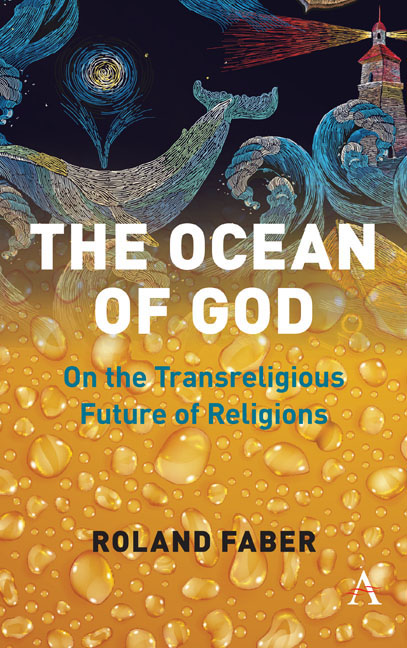Book contents
- Frontmatter
- Dedication
- Contents
- Introduction
- Part I Paradigms of Unity and Plurality
- Chapter One Unity or Plurality of Religions?
- Chapter Two The Healing and Poisonous Fruits of the Unity of Religions
- Chapter Three The Synthesis and Aporia of Religious Pluralism
- Chapter Four The Promise of Mysticism
- Chapter Five Polyphilic Pluralism
- Part II Negotiations of Multiplicity
- Part III Transreligious Horizons
- Glossary
- References
- Index
Chapter Four - The Promise of Mysticism
from Part I - Paradigms of Unity and Plurality
Published online by Cambridge University Press: 09 July 2019
- Frontmatter
- Dedication
- Contents
- Introduction
- Part I Paradigms of Unity and Plurality
- Chapter One Unity or Plurality of Religions?
- Chapter Two The Healing and Poisonous Fruits of the Unity of Religions
- Chapter Three The Synthesis and Aporia of Religious Pluralism
- Chapter Four The Promise of Mysticism
- Chapter Five Polyphilic Pluralism
- Part II Negotiations of Multiplicity
- Part III Transreligious Horizons
- Glossary
- References
- Index
Summary
Your souls are as waves on the sea of the spirit; although each individual is a distinct wave, the ocean is one, all are united in God.
— ‘Abdu'l-BaháAfter having identified the problems of both religious unity and religious pluralism to be that of the relativity of religious truth, we can now, after surveying different proposals, also ask the question: Are there ways to state the unity and plurality of religions, not by either seeking saving unity or difference, but rather by demonstrating the interference of both unity and multiplicity, on a level that, simultaneously, does avoid their possible opposition? In fact, not only have many of the spiritual compositions of the new axial age and the diverse current philosophical renditions of the problem, but also the religions of the first axial age, left us with rich resources, which to this effect either register in their own histories or are recognized by current reflections on them. One common element in all of these projects is their appeal to mysticism— either as an obvious or hidden stream in their own development or as critical corrective to the overly oppositional thinking of their respective orthodoxies. And so, the appeal to mysticism has been right at the center of many current propositions of religious pluralism as well.
The definition of mysticism is less important here, as it changes with the perspective by which it is engaged. Rather, we can filter the important characteristics that concern a selection of influential enterprises of formulating the contribution of mysticism(s) to our questions. For our purposes, then, we can identify mysticism with experiential, experimental and cognitive exercises and their impact on respective religious and philosophical worldviews that begin or end in, or always in all other approaches and expressions of a religion or philosophy eventually refer to, ultimate reality as being apophatically unavailable, that is, beyond any categorization, perception or experiential grasp, while also in some way cataphatically being apparent, immanent or revealing itself in this world of physical and spiritual embodiments. Religions in their mystical streams also often either presuppose in their history, or consciously in their formation, some kind of mutual influence and what can be called transreligious movements through different religious spheres and communities, even between east and west, of their central tenets.
- Type
- Chapter
- Information
- The Ocean of GodOn the Transreligious Future of Religions, pp. 43 - 52Publisher: Anthem PressPrint publication year: 2019



